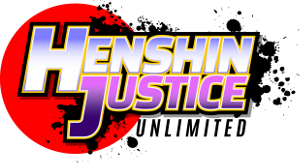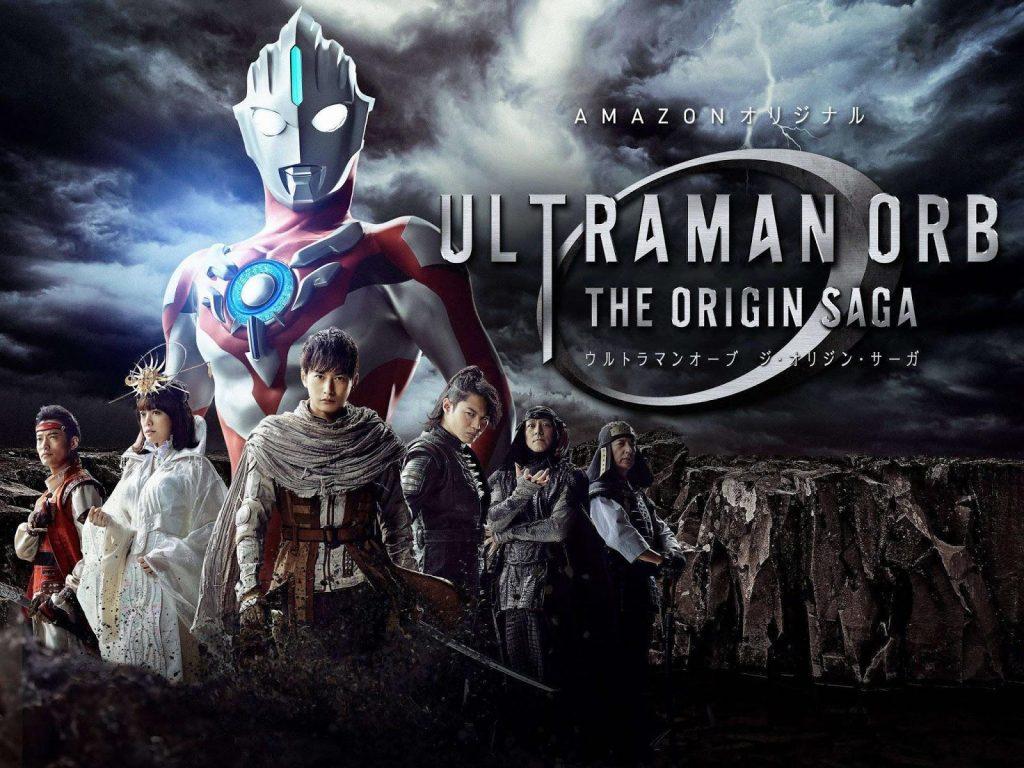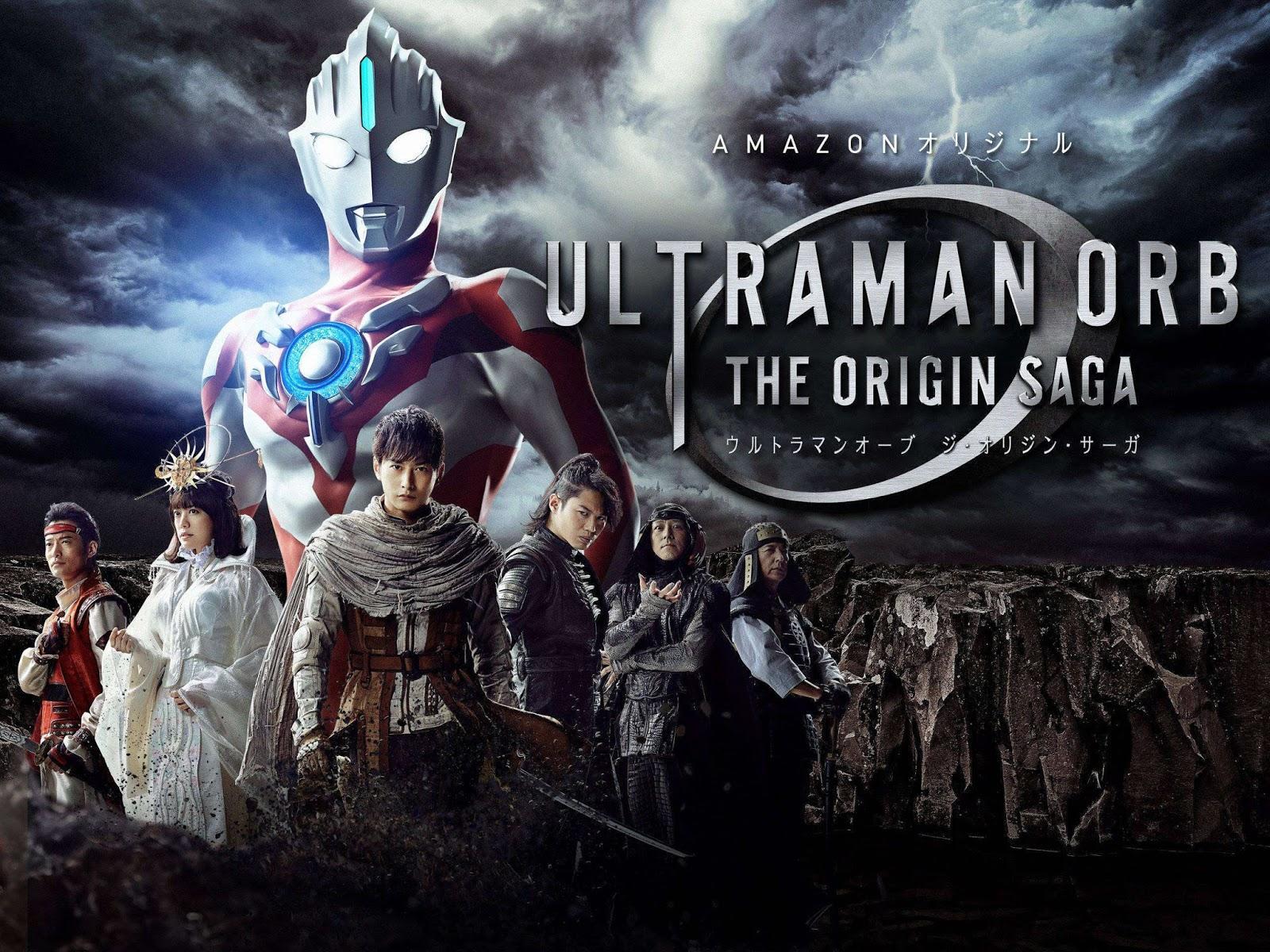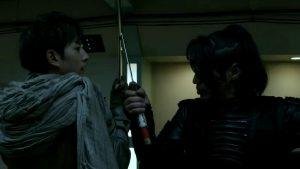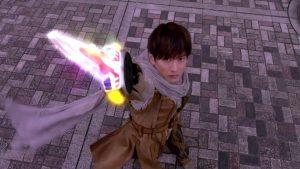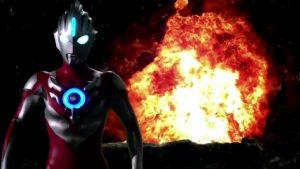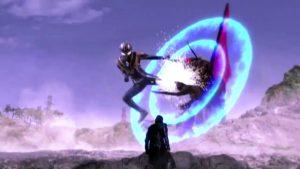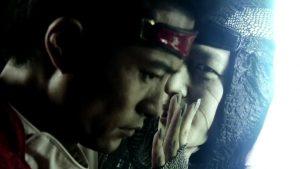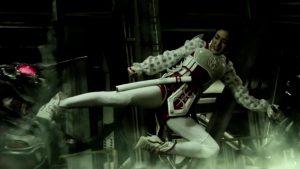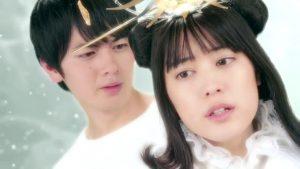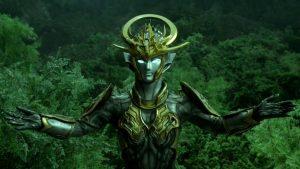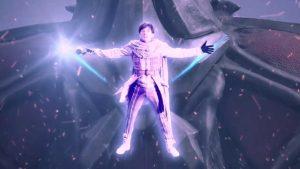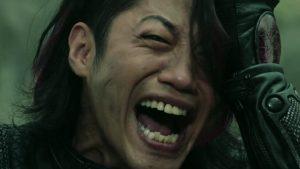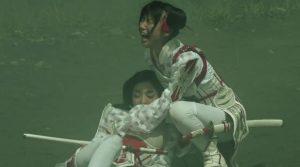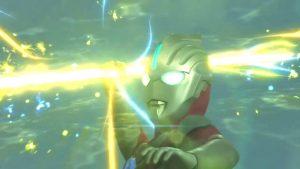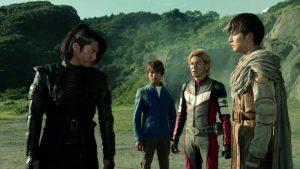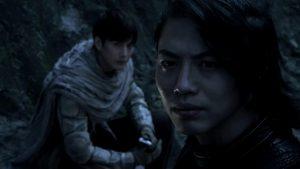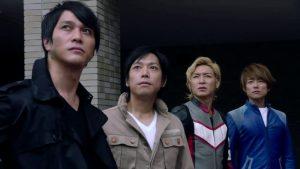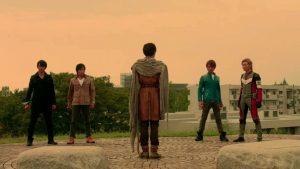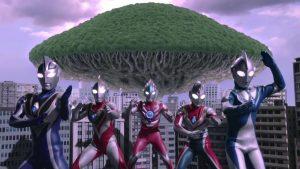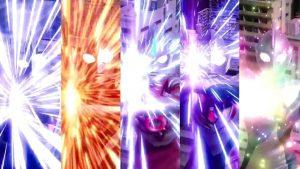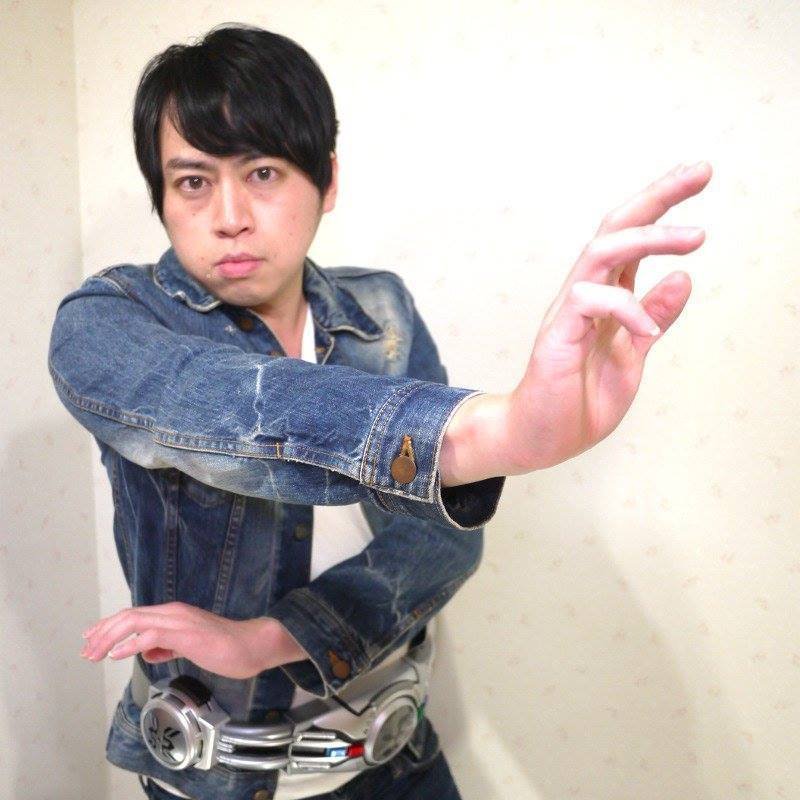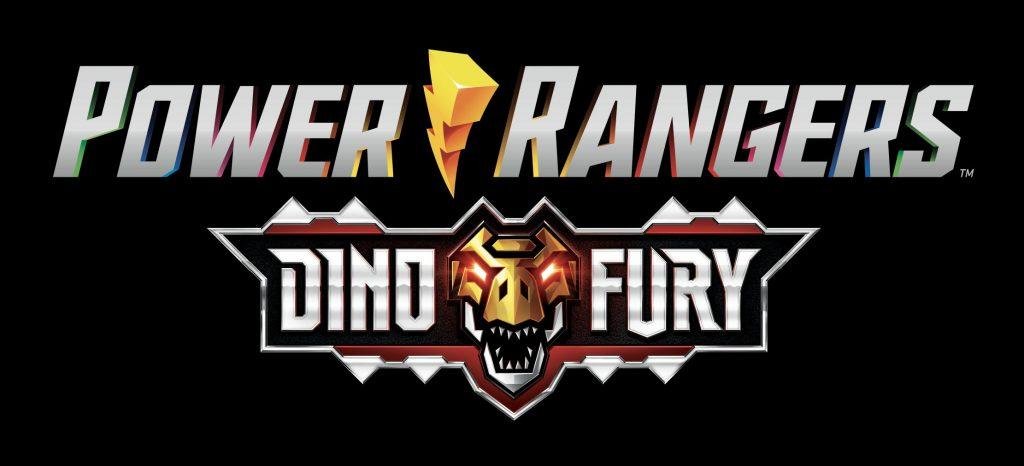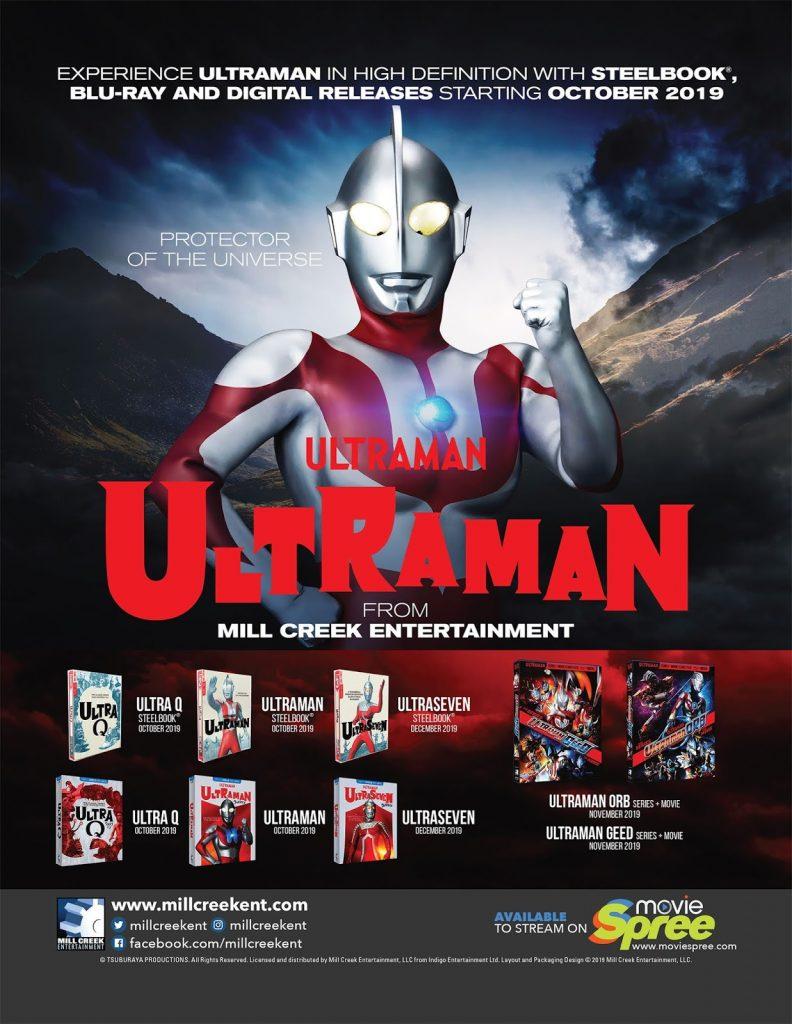When it was first announced that 2016’s Ultraman Orb would get a prequel follow-up, my reaction was a mix of curiosity and caution. The show about a charming wanderer, who just happened to be an alien superhero in disguise, had just won me over, and its characters were ripe for a second look. But then word came that this new chapter would take place before the main series and be released on the streaming site Amazon Prime Japan. Would this be a worthy addition to Orb’s brief but exciting legacy, or would the circumstances of its creation see it stumble toward an unceremonious finish?
Here’s a shortlist of the ways in which Ultraman Orb: The Origin Saga pleasantly surprised.
The Prequel Beats The Original
Upon hearing when the events of this series would take place, my honest feeling was uncertainty about whether or not I even wanted to bother. Despite my enjoyment of the harmonica-playing lead hero Kurenai Gai and his ongoing battle with mysterious nemesis Jugglus Juggler, I didn’t know if I was ready to have my hopes for them dashed by a series that rewound the clock to before they became who I knew them to be.
And let’s be honest. Most of us have seen prequels that didn’t live up to the original. Whether it tried too hard to explore the building blocks of its own universe, or didn’t try hard enough, to say that “prequel” as a concept was a perilous slope would be putting it mildly. For every slam dunk “apes strong” triumph, there’s another three sad “midichlorian” fouls. Likewise, there was no guarantee that the transition from traditional television to the streaming platform would work in the show’s favor. As this marked the first full-blown Ultra series in this format, there was a question of what it might look like.
Turns out, it looks like an amazing series, to stand up against some of the best the Ultraman franchise has offered in the last several years. In other words, it effectively takes what was great about its predecessor, the two mentioned characters Gai and Juggler, and improves upon their story. Using these two dynamic leads to tell a brand new tale full of intrigue and epic space adventure.
Interestingly enough, while it is a prequel, it doesn’t go out of its way to play Johnny Explainer and lay out everything you didn’t already know about the Orb backstory. It selects a few key elements of the characters, two competing allies in the fight against interdimensional evil, and explores just enough of their history to give you that “aha” moment, but not so much that you feel like the entire show exists purely for that reason. When the ambitious Juggler traverses the snowy mountain with the man he has grudgingly vowed to support, as they chase after the powerful reward that awaits them, there’s no establishment of where this power came from. That’s not what the story’s about. It’s enough to see the sour disappointment Juggler feels when the power rejects him in favor of his partner, Gai, transforming him for the first time into the giant Ultraman Orb. We’ll excuse them as they slip in a never-before-seen form here, in the all-red-and-silver Ultraman Orb The First, the apparent precursor to his classic base form that was (now somewhat ironically) named Orb Origin. So, what we’re watching is not necessarily the journey Gai took to reach the mountain where Orb’s powers are bestowed upon him, but rather, the story of what happens shortly after.
Pushing us further from the usual trappings not only of Orb’s first series but of traditional Ultraman is that a large portion of this show takes place in space. Gai and Juggler travel between universes to tackle their first big mission, introducing us to many new characters not seen in our first go-around. Absent are the lovable crew of the SSP, the three-person monster-chasing amateur squad whose collective name, the Something Search People, still makes me laugh to this day. In their place is an array of interesting figures, from alien warriors, monarchs and conquerors, to familiar heroes whose special appearances are more than mere flash.
Rather than spending valuable mileage going over old plot minutiae nobody really needed, Gai grabs his new powers and we’re off to the races, kids!
Making The Most From The Least
Where Orb’s abilities came from remain somewhat mysterious, though we do have generations worth of Ultra lore to give us a decent idea.
The real story is an expansive space opera the likes of which I was totally unprepared for. It may sometimes come up against the wall of its own limited budget, but really, if I want to watch a super-expensive blockbuster, there’s no shortage of them being spat out by Hollywood. Pile on the extra cheese with those ridonculous costumes and that obvious fake background. If you put it to good use, it won’t make much difference to me. In fact, I might actually be more impressed that you managed to pull all this stuff off given how much smaller your pool of resources must have been.
Recent Ultraman series run for about 25 episodes on television, but this new event finishes in nearly half that time. With a 12-episode plot, The Origin Saga tells one story from beginning to end, with no filler and no side missions. Gai is tasked with stopping the twisted Dr. Psychi, who threatens to snatch free will from the denizens of his universe, where an idealistic young queen sits on a throne with a powerful secret. And we don’t waver from that mission for the duration of the series. Swerving away from the show’s typical setup, where a “new” monster is discovered and defeated in each successive mini-event episode, new faces in the Ultraman canon are given more time to shine. For us to love, or hate, or love to hate them as Orb and his many allies, big and small, battle legions of titanic creatures at once before the ticking doomsday clock finally runs out.
Those battles are pretty great, by the way. Not only are we treated to some spectacular Ultraman action in the traditional vistas and cityscapes found in every series. Orb also rockets across space, battling enemies on asteroids and moons, in the dark void between worlds. One thing setting Ultraman apart from other popular tokusatsu heroes is that he’s a flying giant, and yet, he spends so much time on the ground. It’s always fun to see a well-executed aerial battle over a bustling metropolis or streaking across a field of stars. Meanwhile, Juggler and a host of other characters are engaged in human-scale combat, where swords clash and blasters let loose on hordes of ravenous monsters, all controlled by the villainous Psychi and the creature he has sent to destroy the majestic Tree of Life. It’s hard to believe, after witnessing the all-out war for survival between the soldiers of Kanon and the invading Bezelb, that I had ever considered skipping this show out of fear that it wouldn’t live up to the first Orb series. In every way that matters, it doesn’t just honor the original- it surpasses it!
It’s Romantic?
On the long list of words I could think of using to describe most tokusatsu, I’d say the term “romantic” ranks pretty low. Not that this subgenre never goes there, but even on the rare occasion that mainstream toku does showcase non-platonic feelings between characters, it does so in a rather subdued way. It’s so far in the background that it might as well not even be there for some shows. That sort of thing just isn’t much of a priority. Even on Orb itself, there are implied feelings expressed by some of the show’s leads, but they’d be some of the last things to pop into your head when recalling that story. At least in the sense that it actually makes you feel something, instead of it just being typical backstory fodder.
Let’s not overstate this. The Origin Saga is not reinventing the wheel when it comes to romance in tokusatsu. This ain’t “The Notebook” in space, and we are not watching the sci-fi equivalent of Ryan Gosling and Rachel McAdams shouting their feelings at each other under dramatic rainfall. What we do witness is a moving little story of a connection between two literally star-crossed figures on opposite ends of their universe. Young Earth scientist Shohei makes a new discovery that creates a psychic link between him and Queen Amate of the distant planet Kanon. It’s a world under siege, which Shohei feels powerless to help, as his bond with this girl continues to grow, despite that they’ve never met. Meanwhile, Juggler faces his own quandary as his formidable swordsmanship has caught the eye of Amate’s personal guard Micott. What begins as a silly gag, where she dubs the serial grouch her reluctant teacher, soon evolves into a more serious affair as the battle to save Kanon intensifies.
But when we say that this show is romantic, we mean it in ways that go beyond the cliche “hugs and heart-eyes” interpretation. In Kanon’s capital stands the ancient Tree of Life, practically worshiped by its inhabitants for its magical properties (responsible for, among other things, the connection Shohei and Amate have shared). It holds the power to open minds, to purify the body, and perhaps save the universe from ultimate catastrophe, if the people surrounding it can only agree on what to do with the thing. Dr. Psychi, like a dark elf swooping in to horde this precious resource and pervert it toward his own malevolent ends, seeks to unlock the queen’s hidden power, awakening the giant, Ultraman-like goddess within. A power she fears will only bring more ruin.
It’s an epic fairy tale worthy of that secondary definition of the word “romance” which has sadly fallen out of fashion. Well, give us a few more shows like this one and maybe it can make a comeback.
They Have A Juggler
The original Orb series featured a lead who gave the impression of a seasoned hero who had navigated his fair share of chaos over a torrid history. A guy who was, in a strange way, kind of over everything. Not in a dark or cynical way, but his quirky curiosity about the simplest detail of typical humanity was so endearing, even moreso as you watch him keep his composure while rescuing screaming citizens from tornadoes, crashing through walls, and facing enormous monsters without so much as blinking. It’s interesting to see that, at the start of his career as Orb, he’s a much more earnest guy, and if that familiar carefree attitude is still in there somewhere, it’s hidden under the visage of a more driven young hero, eager to right wrongs and save the day. Not the biggest surprise ever, but what’s interesting is how much different the show’s villain Juggler presents in this prequel.
In this, Juggler is Gai’s ally. When asked by the reverent Micott if the two men are friends, she’s answered by a quiet “No”, spoken with a hint of simmering jealousy. Convinced Orb’s title should have gone to him instead of his rival, even as he witnesses Gai using the power to destroy an attacking kaiju, Juggler’s rage continues to boil over. He criticizes every mistake Gai makes that he swears he’d never have made himself, perhaps not realizing that it’s the “aw shucks” boy scout attitude he hates in his partner that may have seen him to victory and not just his proficiency in wrasslin’ space porcupines.
I’m not sure when exactly it happened, but at some point, Juggler became my favorite Ultraman villain. In part, it’s because he’s not just another warmongering lunatic who wants to take over the world. I mean, yes, on his worst day, he can be that too. But he was on a decidedly different track, hoping to take his (supposedly) deserved place among the Ultramen of legend. It’s just his pride, his callously unrelenting temperament, that got in his way. He’s not happy to serve, to help fight the good fight after Gai becomes Orb. He’s pissed off, looking for every reason to tell him why he doesn’t deserve it. He’s one senseless tragedy away from the switch being flipped, turning him from friend to foe.
There’s another villain we’ve been talking about recently, whose story reads as similar to Juggler’s, but for the life of me, I can’t think of as many good things to say. This guy has the pathos, and the skill, and the swag to make for a great antihero, and it actually enhances our first experiences with him as a supervillain. When it comes to the prequel aspect of this story, there’s no bigger success than with Jugglus Juggler, the coolest sword-wielding wild card psycho in the galaxy.
The Cameos Are Not Cameos
I’m glad I wasn’t paying enough attention to the press surrounding this series to realize that it was about to get an injection of awesome from a number of past heroes, including Ultraman Dyna, Ultraman Cosmos, Ultraman Gaia, and Ultraman Agul. What truly excites me about this is that they’re not just hollow suits showing up in the eleventh hour just to do some poses, fire off some beam attacks, nod their heads and fly off again before anyone can ask what just happened. They don’t show up for an episode or two. They’re not here for your typical team-up battle (though there’s lots of that). They’re integrated into the fabric of the show, as every hero has multiple episodes, played by the original actors reprising their human roles and offering their viewpoint as participants in the narrative.
Make no mistake, it’s an Ultraman Orb story, and the new characters hold that spotlight. But when the manipulative Bezelb sends other monsters into a berserker state, the show lovingly reminds you that Cosmos, the closest thing Ultraman has to a pacifist, is the perfect man for the job. While I find Cosmos to be a bit of a bore, at times, as his somewhat overly peaceful attitude often clashes with the basic needs of an action/adventure franchise, his character springs to life when placed among others that can be challenged by his perspective. He can use his strengths as a unique piece in a larger ensemble of diverse warriors and, in a strange way, actually make his overall message even more potent. Meanwhile, you have the rugged, no-nonsense Agul rising from the parting seas on Earth, ready to dish out some righteous justice upon the first beasty that thinks it’ll have a chance on his watch. His brief but poignant interaction with Juggler takes on extra meaning when one considers Agul’s own journey as the do-gooder Gaia’s rival and eventual friend.
So, when the battle reaches Earth’s shores, and all hell has broken loose, you feel something more as Dyna uppercuts a kaiju into the sky. You know that, when Shohei commits to a desperate gambit to rescue Amate and save the Earth from Psychi’s venomous assault, he might not have reached this point without Gaia’s scientific mind inspiring his own. And when the heroes have all gathered, there’s a feeling of satisfaction seldom experienced when it’s just a bunch of suits piled on for the big climax. Not that those beats can’t be ridiculously fun. It just means something special when you’ve seen the steps that would naturally lead to such a huge event.
It’s also a unique pleasure to hear Gai’s catchphrase from the previous series take on new resonance here as he says, for the first time, not merely to himself almost like a reverential prayer but to the people standing right next to him, “Please allow me to borrow your power.” No longer is it a simple invocation to launch us into a transformation sequence where he combines powers of past heroes. He’s saying it to their faces, in his first big battle, surrounded by the veteran heroes who came before him. It doesn’t neatly explain every link in the chain between the Orb of yesterday and the Orb of today, but damn does it make for a cool moment.
More than anything else, it’s this instance that made me want more Orb stories. While I would previously have said it must take the story forward instead of flashing back, I now would be open to more trekking through Orb’s backstory. I could watch this extended game of “sempai noticed me” year in and year out. As long as the stories continue to be bold and exciting, with unique insight into characters I love while serving up new ones I never knew I wanted, I’m all for it. We should be so lucky.
